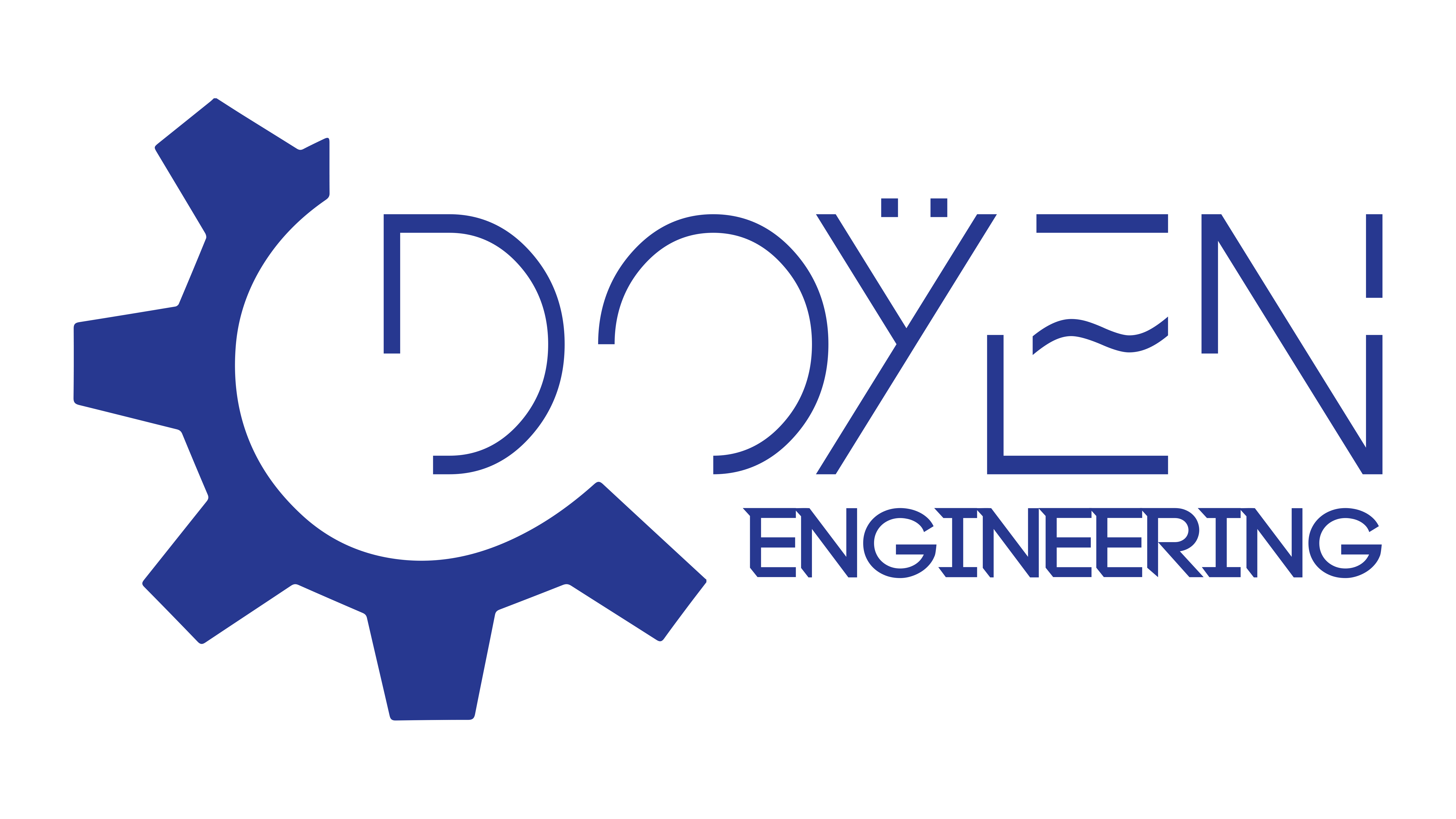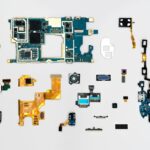
Introduction
Overview of Electrical Engineering
Electrical engineering is a fascinating and diverse field that revolves around the study, design, and application of electrical systems and devices. It encompasses everything from circuit design to power generation. Imagine flipping a switch and illuminating a room—this is just the tip of the iceberg.
Significance of Electrical Innovations
Innovations in electrical engineering serve as the backbone of modern technology. These advancements revolutionize our daily lives and drive progress in various sectors, such as:
- Communication: Enhancements in telecommunication devices.
- Healthcare: Development of medical equipment.
- Transportation: Improved electric vehicles.
By constantly evolving, electrical innovations not only enhance convenience but also propel socioeconomic growth.

Wireless Power Transmission
Nikola Tesla’s Influence
The concept of wireless power transmission dates back to the visionary Nikola Tesla. His experiments in the late 19th century showcased the potential of transmitting electricity without wires. Tesla’s pioneering work laid the groundwork for future innovations in energy transfer, inspiring engineers and researchers globally.
Advancements in Wireless Charging
Fast forward to today, and wireless charging is seamlessly integrated into our lives. Many smartphones and electric vehicles now charge effortlessly with the mere placement on a pad.
Key advancements include:
- Inductive Charging: Utilizes magnetic fields to transfer energy.
- Resonant Charging: Allows for more distance between the charger and device.
These technological strides are not only convenient but also represent Tesla’s enduring legacy in the realm of electrical engineering.
Internet of Things (IoT)
Integration of Electrical Engineering
Building upon the groundwork laid by pioneers like Tesla, the Internet of Things (IoT) exemplifies a remarkable integration of electrical engineering. By connecting everyday objects to the internet, electrical engineers design smart devices that communicate and interact seamlessly. Imagine your refrigerator notifying you when you’re low on milk—this innovation is a perfect blend of electrical engineering and IoT.
Impact on Modern Technology
The impact of IoT on modern technology is profound, influencing various aspects of daily life:
- Smart Homes: Control lights, thermostats, and security systems from your smartphone.
- Wearable Devices: Track health metrics like heart rate and activity levels.
- Urban Development: Use sensors to optimize traffic flow and energy consumption.
These advancements showcase how electrical engineering fuels the evolution of technology, making our lives easier and more efficient.
Renewable Energy Technologies
Solar Power Innovations
Transitioning from smart technologies, let’s explore renewable energy, starting with solar power innovations. The ability to harness the sun’s energy is truly transformative, with advancements that enhance efficiency and affordability. For instance, new materials like perovskite solar cells have emerged, offering:
- Higher Efficiency: Potentially over 25% efficiency rates.
- Flexibility: Lightweight and adaptable to various surfaces.
Wind Energy Developments
Shifting focus to wind energy, remarkable developments are reshaping this sector as well. Modern wind turbines have become taller and more efficient, enabling them to capture stronger winds.
Notable features include:
- Offshore Wind Farms: Utilizing ocean winds for substantial energy generation.
- Smart Turbines: Equipped with sensors that optimize performance in real time.
Together, these renewable technologies highlight the critical role electrical engineering plays in creating a sustainable future.
Robotics and Automation
Role of Electrical Engineering
Continuing onward, robotics and automation showcases how integral electrical engineering is to modern technology. Engineers design complex circuits and control systems that allow robots to perform intricate tasks. For example, consider the joy of watching robotic arms meticulously assemble cars on production lines—this precision stems from advanced electrical engineering.
Automation in Various Industries
The impact of automation spans across multiple industries, enhancing efficiency and productivity. Here are some notable examples:
- Manufacturing: Robots perform repetitive tasks, reducing human error.
- Healthcare: Automated surgical robots assist in precision surgeries.
- Agriculture: Drones monitor crops and automate planting processes.
These advancements not only improve operational efficiency but also redefine how industries function, further emphasizing the importance of electrical engineering in shaping our future.





